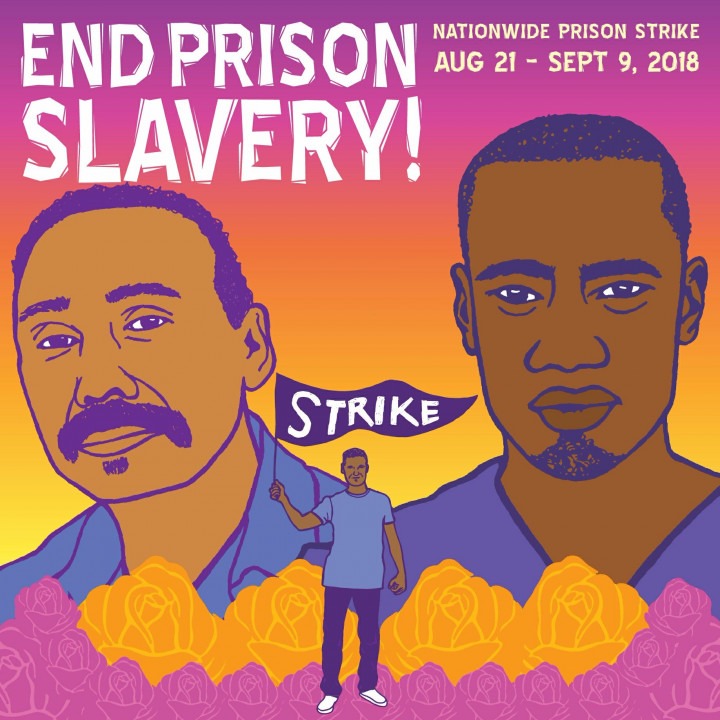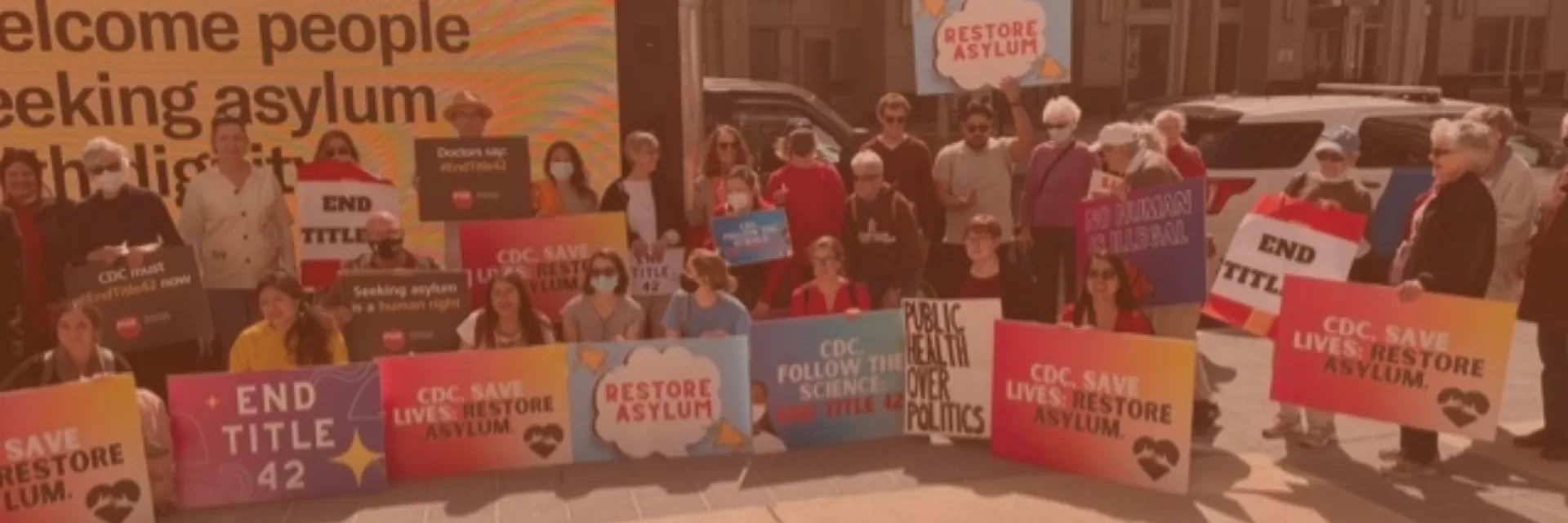Update on Prison Strike, September 5
 Beginning on August 21, people incarcerated in prisons and jails and immigration detention facilities began a series of actions to raise awareness about the conditions of their imprisonment. Accompanying the call to action is a list of 10 demands for reform.
Beginning on August 21, people incarcerated in prisons and jails and immigration detention facilities began a series of actions to raise awareness about the conditions of their imprisonment. Accompanying the call to action is a list of 10 demands for reform.


